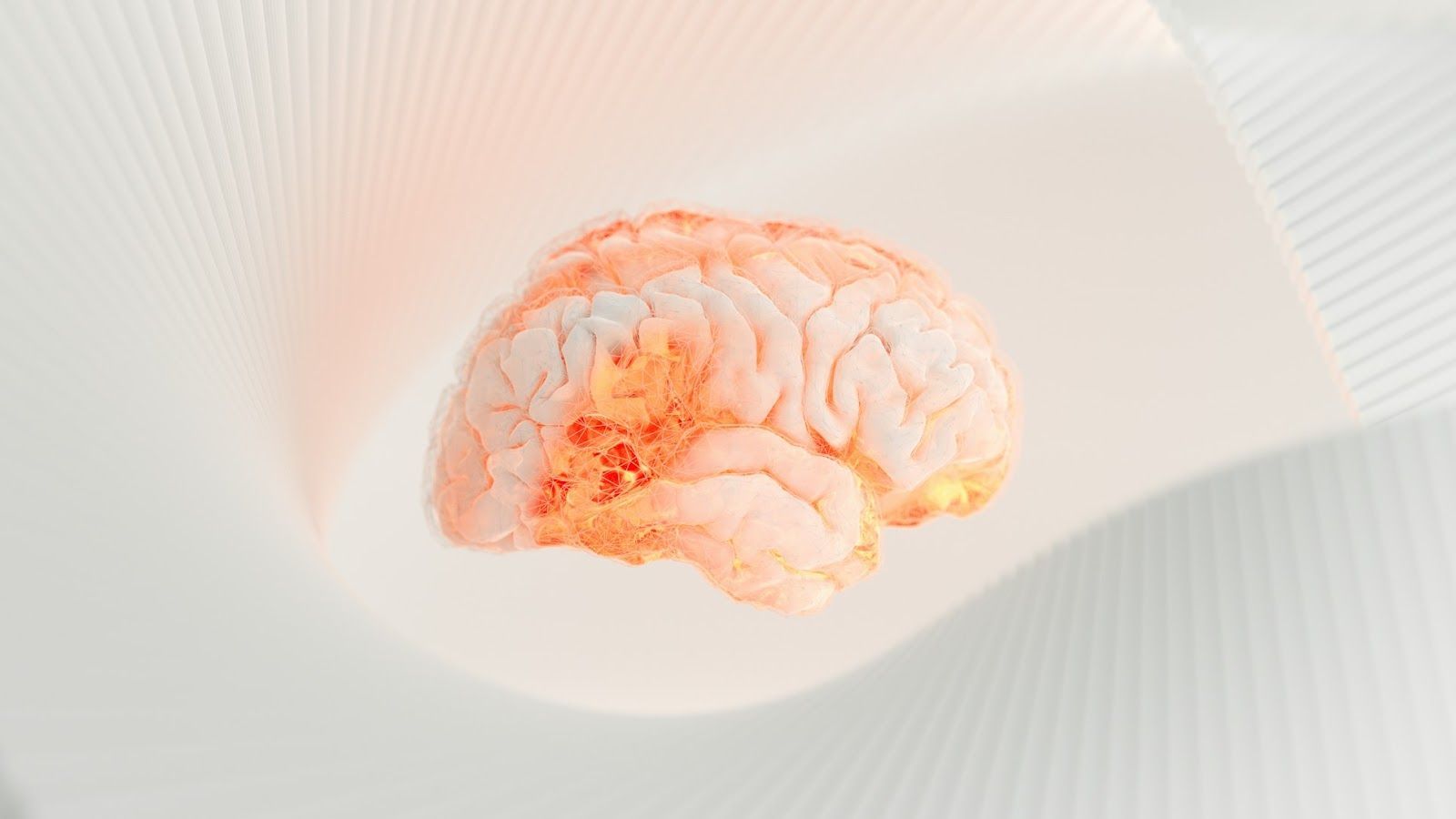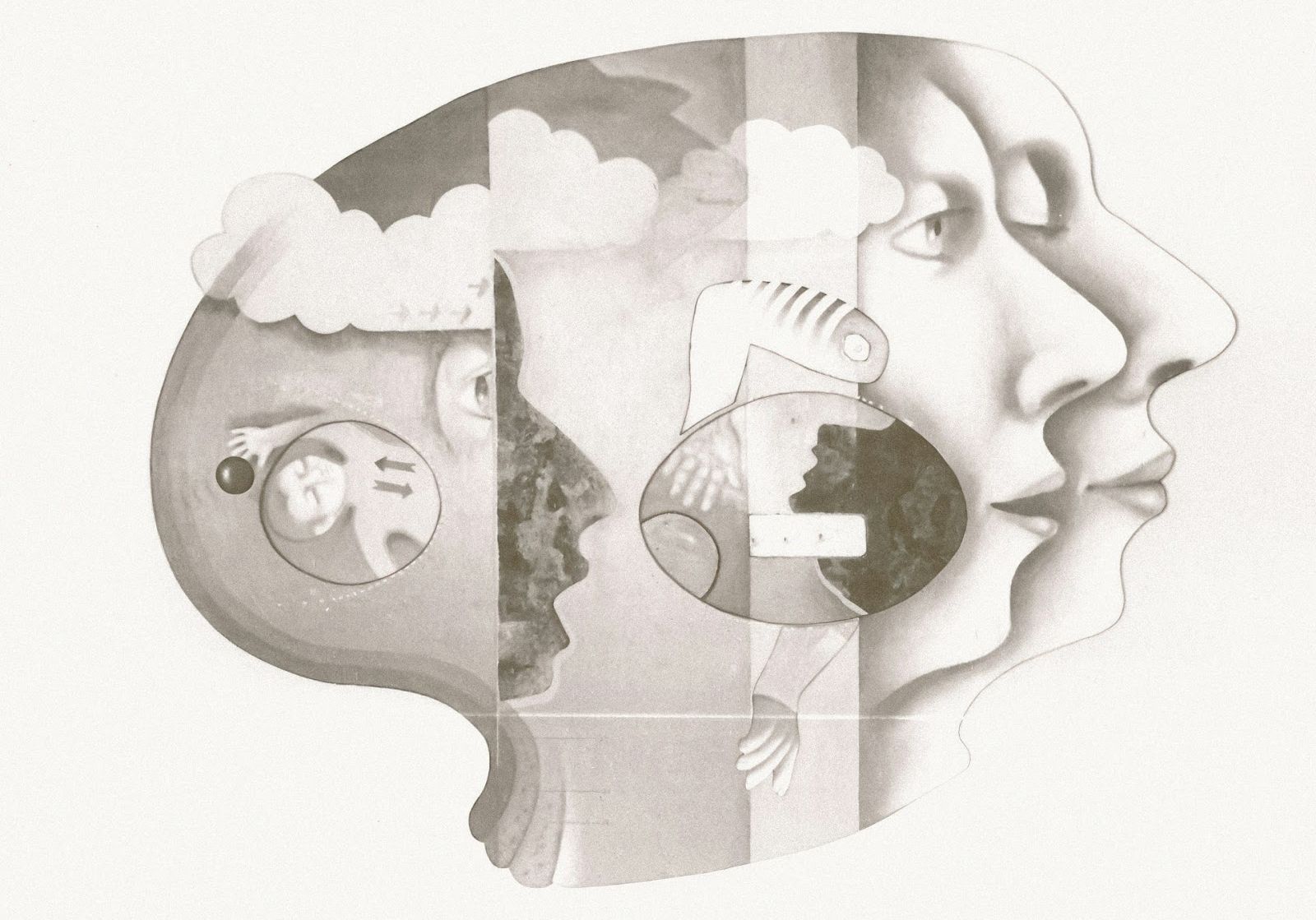Secrets of the mind
10 disturbing ways your brain lies to you daily
Published on August 26, 2025
 Credit: KOMMERS
Credit: KOMMERS
Our brains are powerful machines, capable of reacting to new stimuli in a quarter of a second, processing vast amounts of information, and spotting patterns in the most unexpected places. However, by their very nature, they’re also full of quirks and strange shortcuts that make them prone to error. From false memories to irrational fears, our minds don’t always work the way we expect. Here are 10 ways your brain plays tricks on you.
False memories
 Credit: Wiki Sinaloa
Credit: Wiki Sinaloa
Your brain sometimes creates entirely false memories or distorts real ones. Studies show that people can vividly remember events that never happened, especially if they hear repeated suggestions. This is why eyewitness testimony is notoriously unreliable.
Change blindness
 Credit: Linus Nylund
Credit: Linus Nylund
You might think you notice everything, but your brain often misses changes in your environment. We tend to focus on what we expect, and studies show people can fail to see major alterations in an image when they aren’t expecting them, even if they’re looking directly at it.
Confirmation bias
 Credit: Google DeepMind
Credit: Google DeepMind
Just as we are sometimes blind to new information, our brains tend to prefer information that supports what we already believe. This mental shortcut makes it easy to ignore evidence that contradicts your views, which is why debates rarely change anyone’s mind.
The spotlight effect
 Credit: Richard Ciraulo
Credit: Richard Ciraulo
We assume people notice our mistakes or appearance way more than they actually do. In reality, most people are too focused on themselves to pay close attention to minor slip-ups of other people around them.
Hindsight bias
 Credit: Imagine Buddy
Credit: Imagine Buddy
After something new happens, your brain convinces you that you "knew it all along." This illusion makes events seem more predictable than they really are, leading to overconfidence in future predictions.
The Placebo Effect
 Credit: Ksenia Yakovleva
Credit: Ksenia Yakovleva
If you believe a treatment will work, your brain can trick your body into improving—even if it’s just a sugar pill. This effect is so strong that medical studies must account for it when testing real drugs.
The anchoring effect
 Credit: Armands Brants
Credit: Armands Brants
Your decisions are often influenced by the first piece of information you hear about a topic. For example, if you're told a shirt is "50% off," you’re more likely to see it as a great deal, regardless of the original price.
Cognitive dissonance
 Credit: Jr Korpa
Credit: Jr Korpa
Our brains try to please us as much as they can. This is why, when your actions contradict your beliefs, your brain still tries to justify them. This psychological phenomenon explains why people rationalize bad decisions instead of just admitting they were wrong.
The Dunning-Kruger effect
 Credit: jose aljovin
Credit: jose aljovin
Known as the Dunning-Kruger effect, this is a form of cognitive bias in which people with low competence tend to overestimate their abilities, while highly intelligent people often underestimate theirs. This is why beginners are often the most confident, and true masters are more likely to doubt themselves.
Pattern recognition overdrive
 Credit: Clark Van Der Beken
Credit: Clark Van Der Beken
Your brain is wired to find patterns—even when none exist. This is why people see faces in clouds or conspiracy theories in random events.












